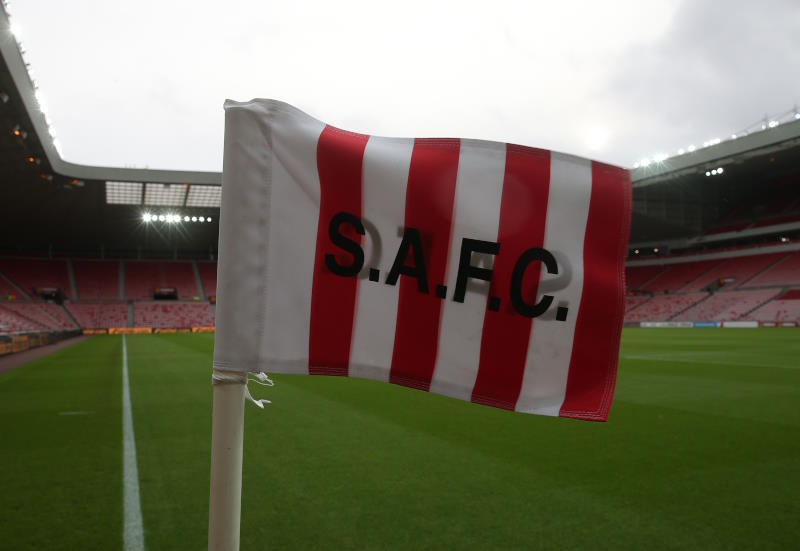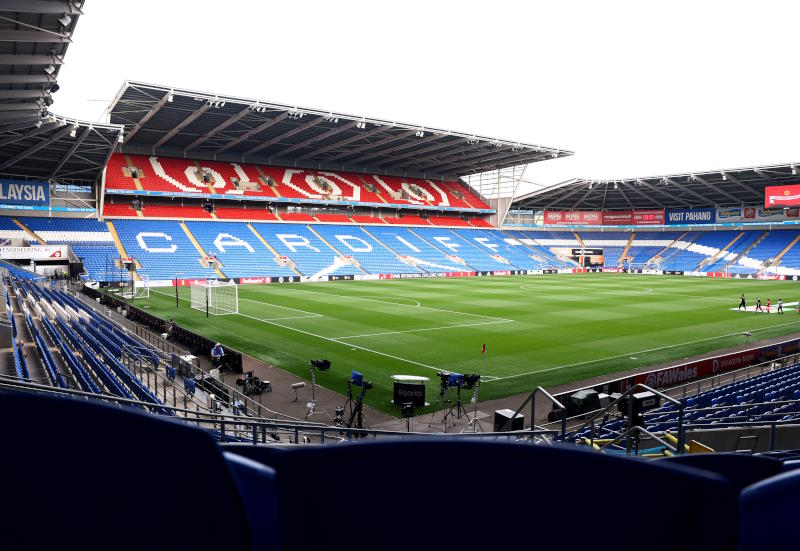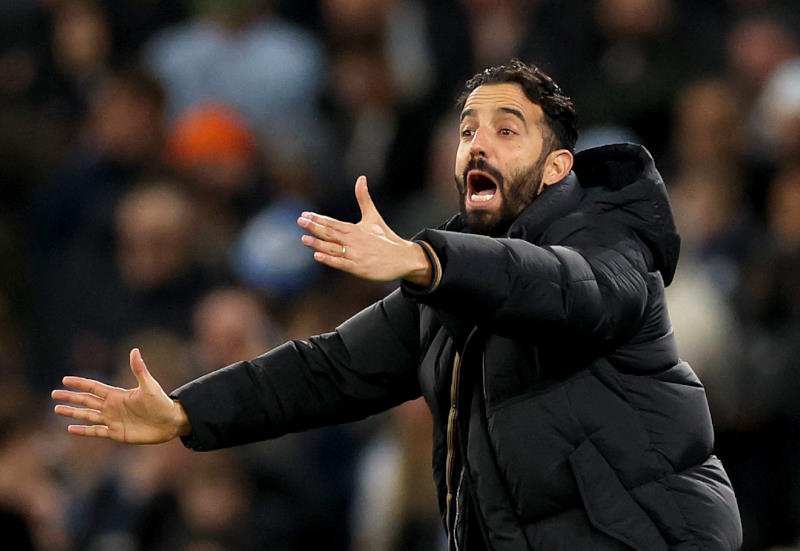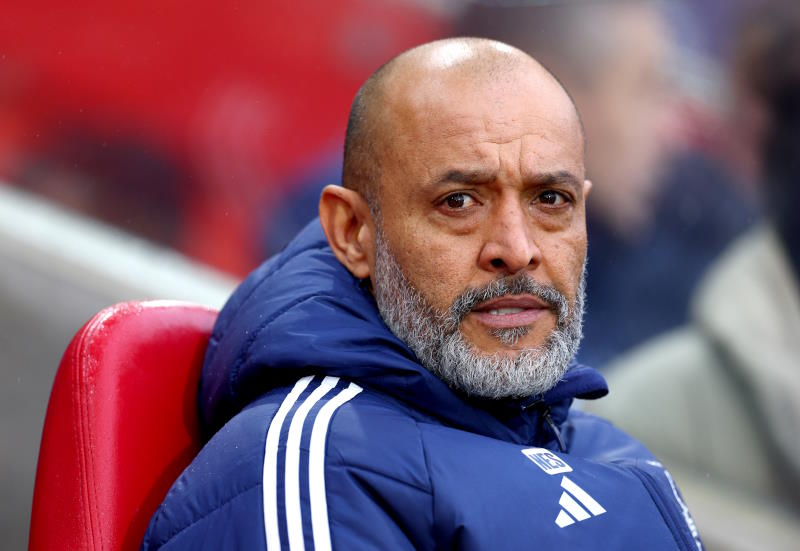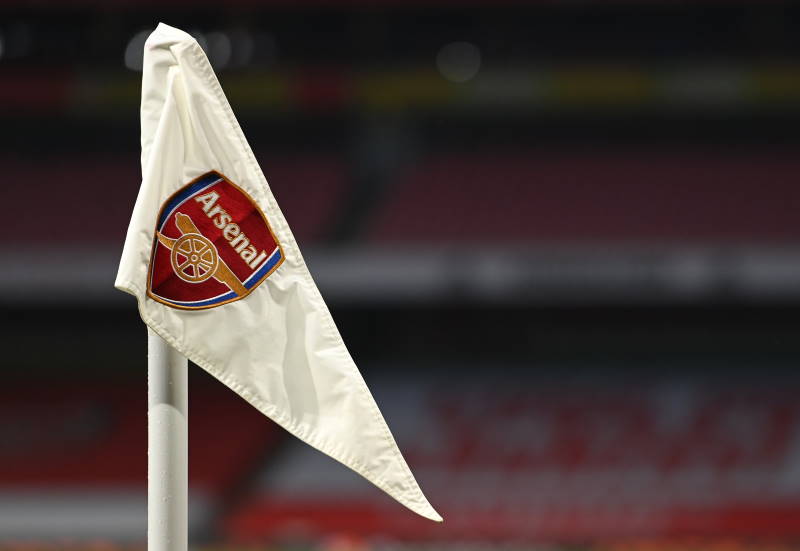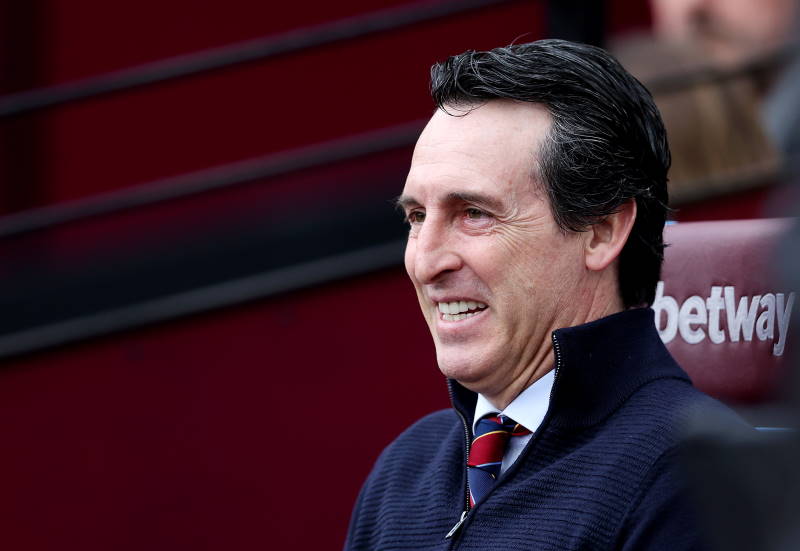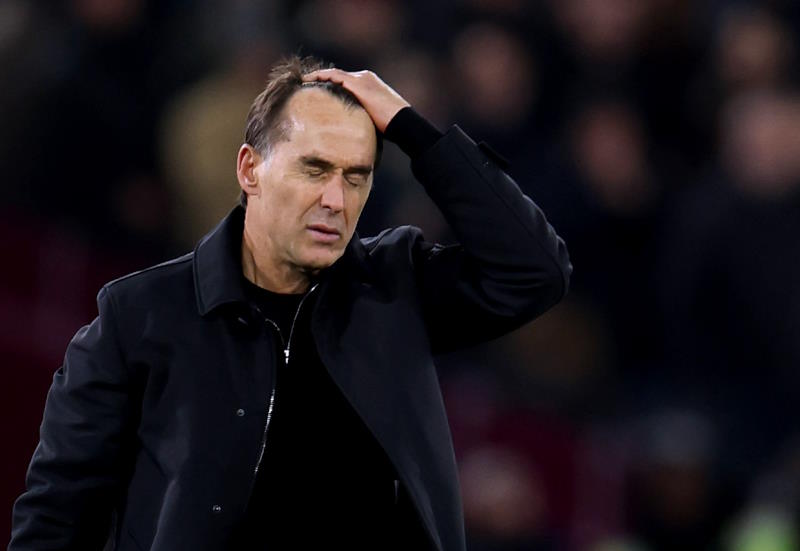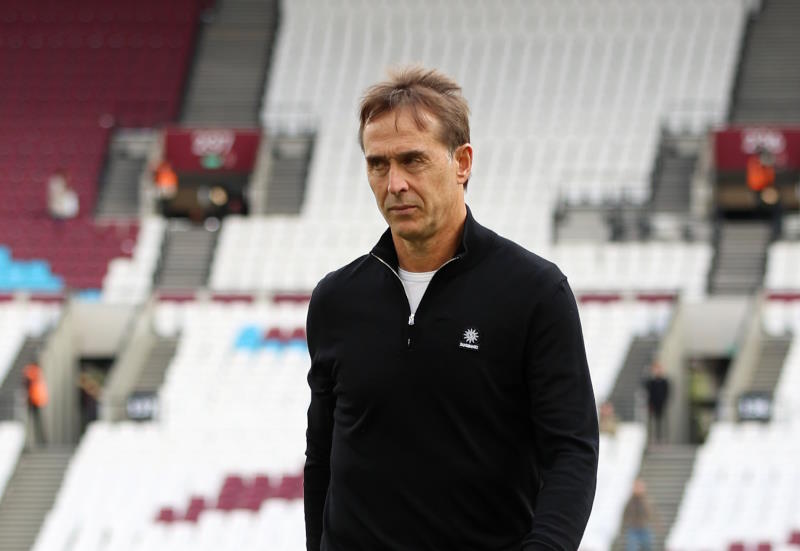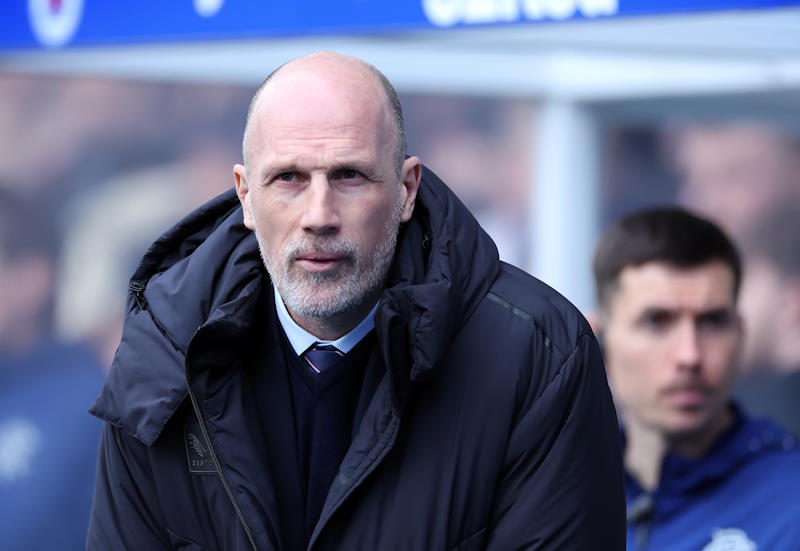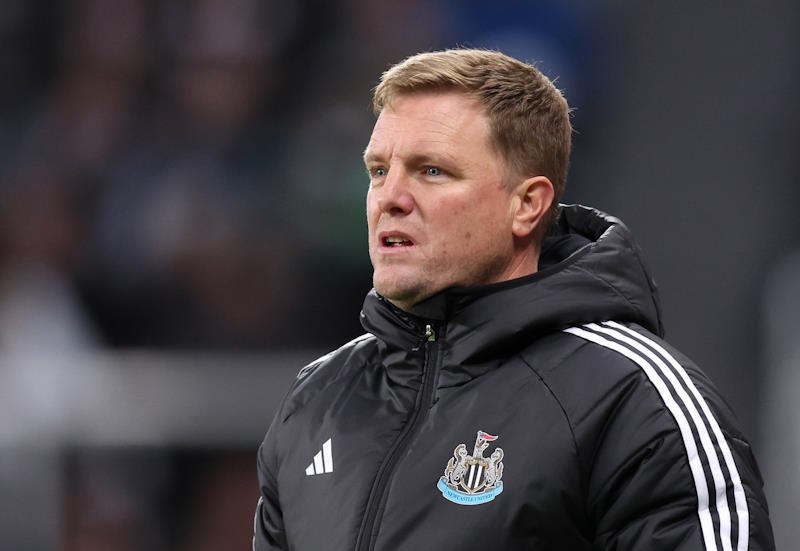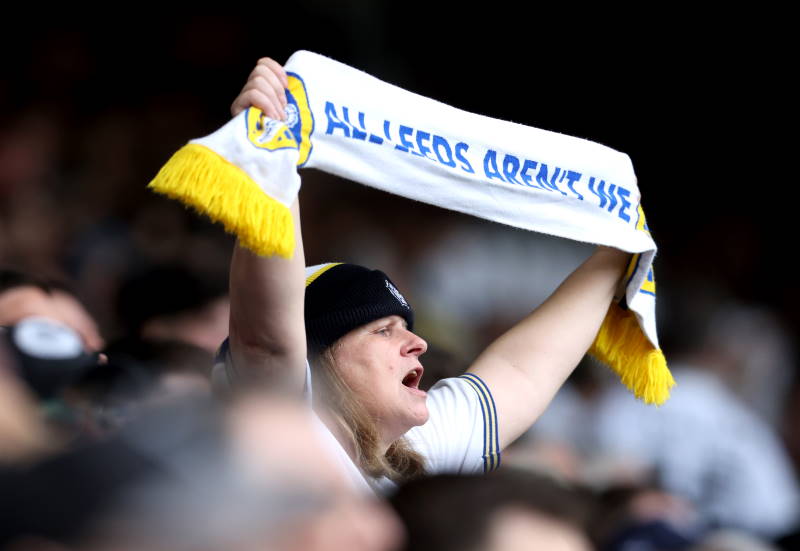
The CONCACAF Gold Cup takes place from 5th to 25th June in the United States, and this is the 11th edition of the tournament. As the region continues to develop, this promises to be the most competitive tournament to date. While the Gold Cup has been dominated by Mexico and the United States since its inception in 1991 (only Canada have managed to break the two teams’ stranglehold on the trophy), the competition improves every edition and there usually is no shortage of surprises.
The 2011 Gold Cup’s Group B should be fiercely contested in what will be a hard-fought section, as Honduras, Guatemala, Jamaica and Grenada make up this intriguing group. Honduras must be the team to beat, with the nation fresh off their 2010 World Cup appearance and the country most certainly in form, having recently won the regional Copa Centroamericana at the start of the year.
The stiffest test for Honduras in Group B could come from Jamaica. A revitalised Reggae Boyz side won the 2010 Digicel Cup late last year and seem to have the personnel to have a successful Gold Cup. Guatemala will hope to surprise and will feel they can claim at least third spot in the group, which could be enough for a quarter-finals place. Grenada, the smallest nation to ever qualify for the Gold Cup, have impressed again with qualification to the 2011 tournament. Their presence is a victory in itself, though with some seasoned performers they could spring a shock on their day. We preview Group B:
 Honduras
Honduras
The Honduran national team has been amongst the strongest in the CONCACAF confederation in recent years. In the past year alone, the country have participated in the 2010 World Cup and won the Copa Centroamericana. Two years ago at the previous Gold Cup, the team betrayed glimpses of what was to come with a strong showing, advancing to the semi-finals. Reinaldo Rueda, the architect of Honduras’ rise is now gone, replaced by his compatriot Luis Fernando Suarez, who is charged with keeping the good times rolling for Los Catrachos. All in all, another semi-final placing would be considered a success for this side.
Coach: Luis Fernando Suarez
Luis Fernando Suarez’s biggest coaching achievement was leading Ecuador to the Round of 16 at the 2006 World Cup having qualified the country for the competition in 2005. The 51-year-old Colombian has since failed to find success at club level, though back in 1999 he did pick up a Colombian championship with Atletico Nacional. Now back in the arena which seems to suit him the most, the Medellin native is aiming to mimic the achievements of his countryman Reinaldo Rueda and find success with Honduras.
Key Player: Wilson Palacios
The Tottenham Hotspur midfielder has been the heart in the centre of Honduras’ pitch since his debut in 2003. The 26-year-old has enjoyed a stellar club career in England since 2007, having played over 100 Premier League matches for Birmingham City, Wigan, and Spurs.
His role at White Hart Lane may have diminished this past season, however the 71-cap stalwart still managed 26 appearances in all competitions. Thanks to Palacios’ combative midfield displays, the Central American country have arguably punched above their weight on the international stage and the player has been one of the main catalysts in Honduras’ qualification for the 2010 World Cup.
 Guatemala
Guatemala
Los Chapines have struggled in recent years, and 2009 was a particular low point for the team as they failed to qualify for the Gold Cup for the first time. Fast forward two years though and the country are back at the bi-annual tournament having qualified by finishing fifth in the Copa Centroamericana. The current squad has a good mix of youth and experience, but it remains to be seen whether Guatemala can turn their recent dismal results around. The return of all-time leading goalscorer Carlos Ruiz should give the entire squad a boost ahead of the tournament though.
Coach: Ever Hugo Almeida
62-year-old Almeida was an established goalkeeper during his playing career, playing for the Paraguayan national team; he also won the Copa Libertadores with Olimpia twice. Almeida’s time as a manager has also seen success, with the coach picking up league titles in Paraguay, Ecuador and Guatemala.
One thing the veteran boss won’t have is the luxury of time to prepare for the Gold Cup as he was only installed as Guatemala coach in May. Bringing success back to Los Chapines may end up being the biggest test of Almeida’s managerial career.
Key Player: Carlos Ruiz
"El Pescadito", or the Little Fish as Ruiz is known, has been a prolific scorer for both club and country since beginning his professional career in 1995. Ruiz is the all-time leading scorer for Guatemala with 42 goals, a fantastic number considering he has 87 caps.
After impressing for MLS sides Los Angeles Galaxy and FC Dallas from 2002 to 2008, Ruiz’s career has seen him go to Paraguay, Mexico and Greece before returning earlier this year to the United States and Philadelphia Union. Absolutely deadly in the box, the 31-year-old has found success as a proven goalscorer nearly everywhere he has gone.
 Jamaica
Jamaica
There has not been this much excitement surrounding the Reggae Boyz since they qualified for their one and only World Cup back in 1998. Coach Theodore Whitmore, a midfielder at that tournament in France, has put together a strong unit and has been blessed with a solid mix of overseas and domestic talent. Jamaica are fresh off winning the Caribbean championship, the Digicel Cup, in late 2010. This is a team that has aspirations of going far in this competition. One X-factor that the team may possess is the fact that 11 members of the squad ply their trade in the United States, where the Gold Cup will be held.
Coach: Theodore Whitmore
Having been part of the Jamaican national team as a player, interim coach and assistant coach, Whitmore was finally handed the job of coaching the team full-time back in 2009. After a rough start with a poor Gold Cup that same year, the 38-year-old has slowly built up the side’s confidence and recent results have been promising. Whitmore’s playing career was a distinguished one with over 100 caps for Jamaica and good spells in England with Hull City and Tranmere Rovers.
Key Player: Dane Richards
The pocket-sized winger may be small in stature, but he has come up with big-time performances for club and country in the last year. Richards has been able to raise the standard of his game in the last two years, adding better passing and composed finishing to his speed and quickness. He is an automatic choice now for New York Red Bulls in the MLS (over 100 appearances since 2007) and has finally become a stalwart in the Jamaican team.
Though he made his debut for Jamaica back in 2002, only now has Richards staked claim to a regular place. All seven of his international goals have come since last August and the wideman hopes to take that superb form into the Gold Cup.
 Grenada
Grenada
The tiny island nation is back at the Gold Cup for their second consecutive appearance. Though qualifying for the tournament in 2009, the team failed to make a big impression, losing all three matches in the Group Stage, conceding 10 goals in the process and scoring none. This time around success will be measured with any improvement, including the nation’s first points or goals in the competition. The Spice Boyz, as they are commonly known as, have had their preparations rocked by a spate on injuries in the lead-up to the Gold Cup.
Coach: Mike Adams
After a long-time stint as assistant, Adams was given the job as Grenada national team coach earlier this year. He replaced Franklin Simpson who led the team to fourth place at the 2010 Digicel Cup.
Key Player: Craig Rocastle
England-born Rocastle is a newcomer to the Grenada set-up, making his debut last year. Now with five caps, the 29-year-old is looking to cement his place in the Grenada side at the Gold Cup. On the books at Chelsea earlier in his career, 6"2 tall Rocastle has patrolled the midfield for the likes of Hibernian, Sheffield Wednesday and Oldham in his career.
His current form for MLS club Sporting Kansas City suggests he could be a vital cog in Grenada’s quest for success at the 2011 Gold Cup.
>> Click here to read the Group A preview.
>> Click here to read the Group C preview.

